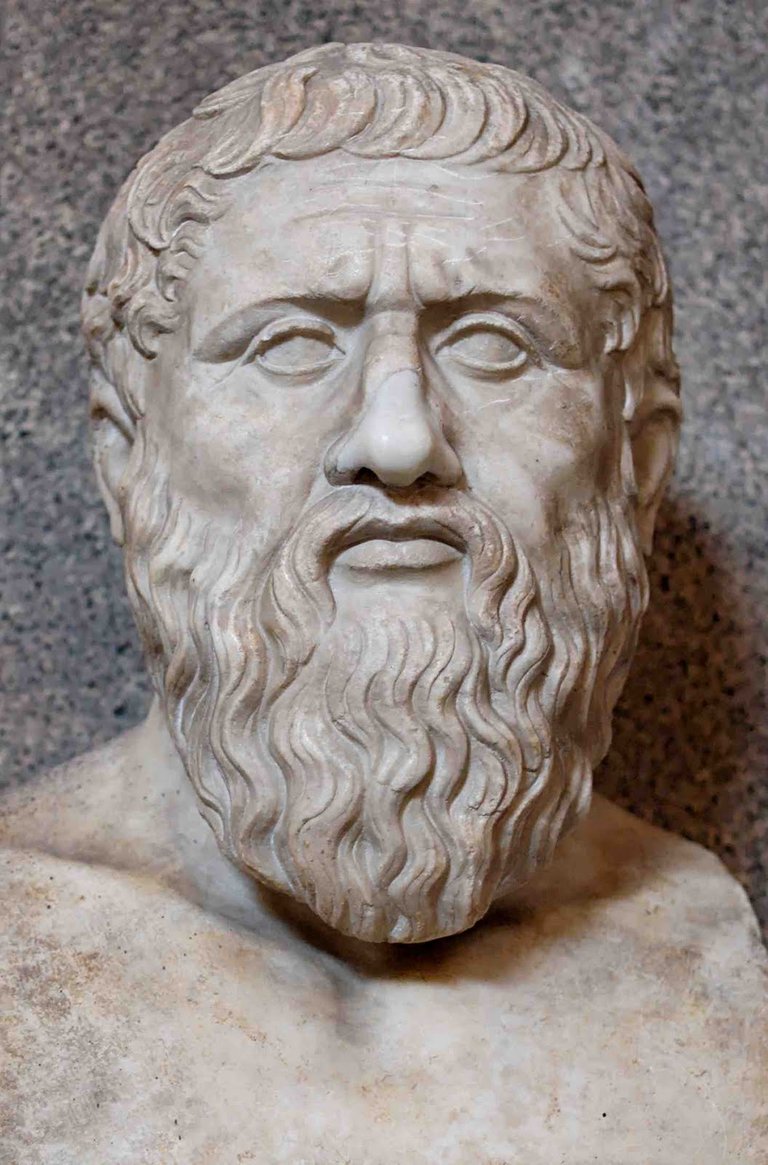Introduction:
 source
sourceIn Plato’s Republic, Socrates surmises that a just man is happier than an unjust man. To prove his point, he begins by designing a city for the purpose of defining justice and injustice. In this city, Guardians, who are just beyond reproach, sacrifice their own happiness in order to look after the greater good of the city and its inhabitants. In so doing, justice becomes the same in the city as in the individual.
During a discourse with Adeimantus,
 source
sourceSocrates responds to Adeimantus’ objection that the guardians aren’t happy by saying that if the auxiliaries and guardians are the best they can be at their given crafts and if the city is governed well, then the greatest happiness will be had by all (421b).
As an assurance that the greatest happiness can be achieved by all Socrates states,
“Then we must choose from among our guardians those men who, upon examination, seem most of all to believe throughout their lives that they must eagerly pursue what is advantageous to the city and be wholly unwilling to do the opposite.”
(412d-e)
Socrates reasons that justice can be found in each person
"doing his own work and not involving himself in the work of others"
(427e-434d).
Plato affirms this when he states, that each shall have his own if each does his own. Thus by ‘doing one’s own,’ the common conception of justice, in any community in which everyone lived up to the maxim ‘do your own,’ would have no pleonexia, or covetousness (Vlasto, p76).
In other words if one does his own work, in just fashion, one will be to busy to pay attention to others or to covet what others have.
 source
sourceWorks Cited
Cherniss, Harold. “The Philosophical Economy of the Theory of Ideas.” The American Journal of Philology, Vol. 57, No.4 (1936), pp 445-456. The Johns Hopkins Press, http://www.jstor.org/stable/290396.
Colson, Darrel. “Elenctic Arguments in Republic I.” Lecture on Plato. Centenary College, Louisiana. September- October 2008.
Grube, G. M. A., C.D.C. Reeve. Plato. Republic. Hackett Publishing Company, Inc: Indianapolis/Cambridge, 1992.
Vlastos, Gregory, editor. Plato II: A Collection of Critical Essays. Notre Dame: The University of Notre Dame Press, 1971.
)
)
)
)
keep it up!!!
Thanks for sharing ,
Upvoted !
By the way ,I started following you and I would appreciate your follow back too .
please visit my blog and vote me too